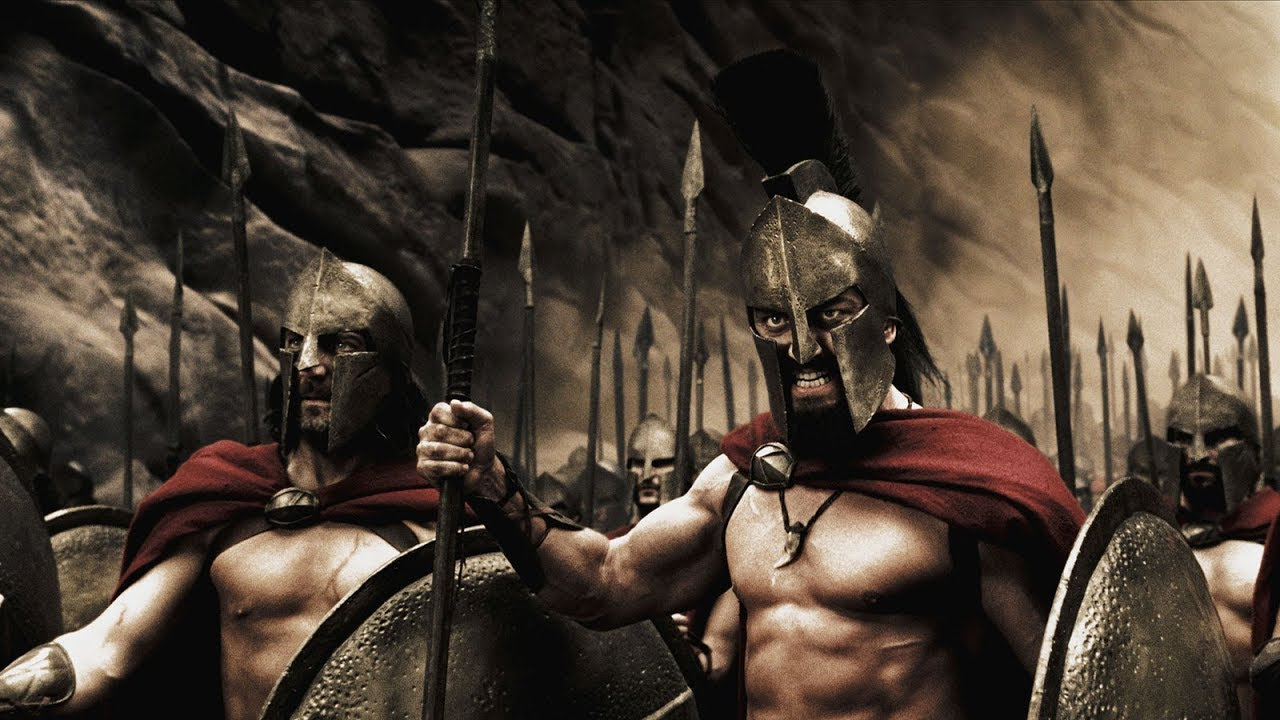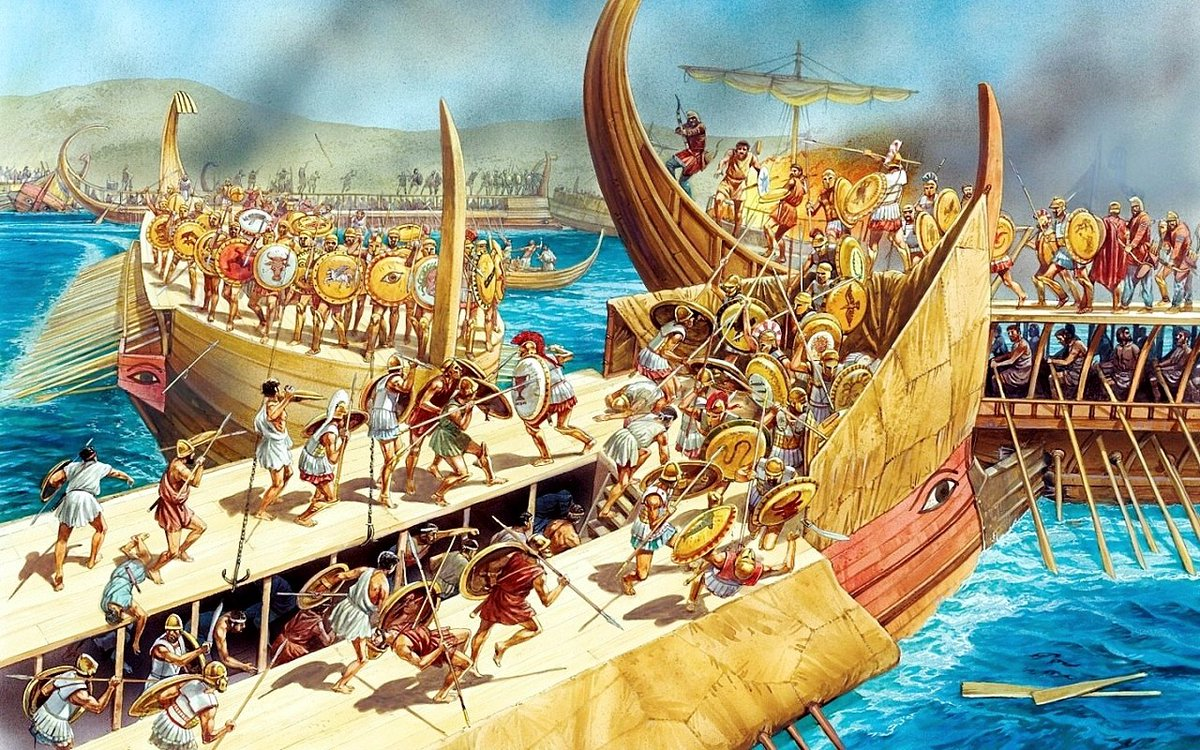Description
A battle which seemed like the doom of Greek athenians ended up being a battle that would be remembered for centuries to come. This was the famous Naval battle of Salamis where, debatably a force of around 300 athenian spartans warriors defeated an extremely vast army of over 1200 Persian naval ships. The Persian forces were led by King Xerxes who made made it a mission to conquer the greek islands and include them into his Achaemenid empire. This marked a turning point in the Greco-Persian wars and turned the tide into the favour of the greeks.

Before this battle the Persians had already captured important islands of Artemisium and Thermopyle and Athens. Meanwhile the greek army had retreated to isle of Salamis. This island was close to athens and it possessed a huge problems as having enemies so close to the captured island of athens meant that the Persians could not use the port and route safely. Therefore King Xerxes decided to expel the remaining Greeks from Salamis. The Greeks knew they were heavily outnumbered so they amassed a small army of 370 naval ships and also took help of General Themistocles. Themistocles was a naval Admiral who tricked the Persians into believing that he was their friend. As a result of subterfuge of Themistocles, the Persian Navy rowed into the straits of Salamis and tried to block both the entrances of the Isle and hoped that they would decisively defeat the Greeks there.
It was Early in the morning of 29 September 480 BC, when the Persians entered the narrow straits of Salamis. Xerxes watched what was happening from a nearby hill and was surprised to see how his fleet wes tricked into defeat. In the cramped conditions of the straits, the great Persians number of ships proved to be an active hindrance and struggled to maneuver and became disorganized. The Greeks quickly seized the opportunity and formed a line and attacked with full force. By nigh time at least one-third of Xerxes' fleet sank. The Persians were unable to improve their strategic position. Sensing the degree of damage already caused Xerxes called back his ships and retreated to the island of Isthumus. The Greek were smart enough to not pursue them as it would had taken away their advantage against till numerically superior Persian fleet. The battle had been decisively won by the Greeks who lost only about 40 ships as compared to around 400 by the Persians. The decisions of Xerxes and his eagerness to have a decisively on affair battle led to their downfall as amassing all the ships into one location proved to be disaster for him. Xerxes then never led any campaign to capture the remaining Greeks islands but ordered his commanders to do so but they all ended up in failure as well. This event would built up the reputation of Greek spartans as fearless and brave warriors who could defy and odds.

